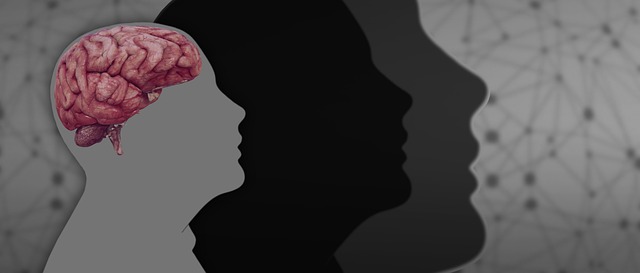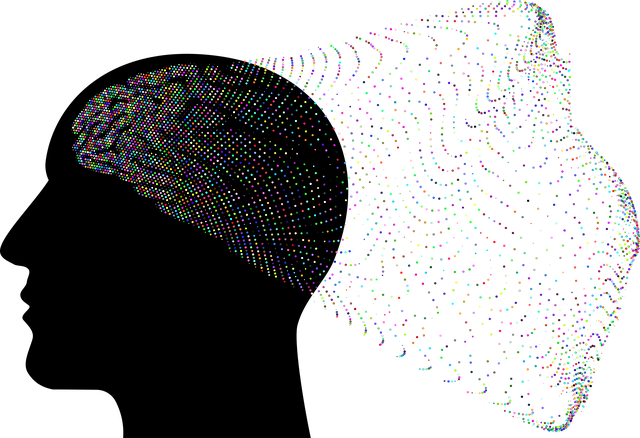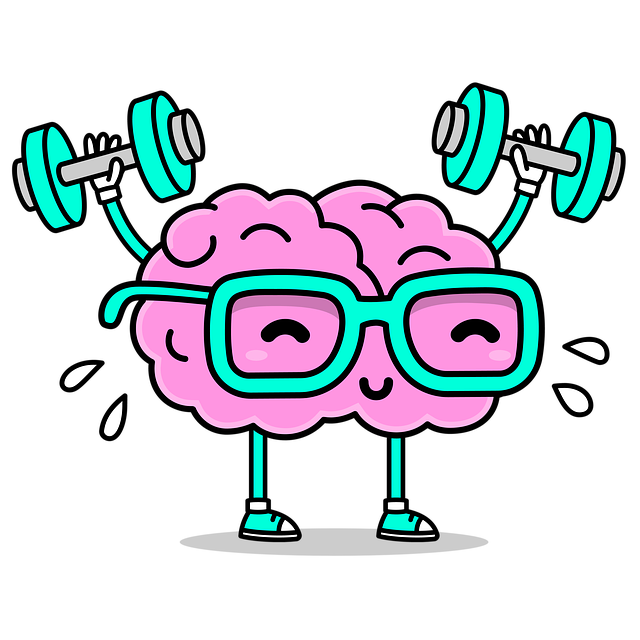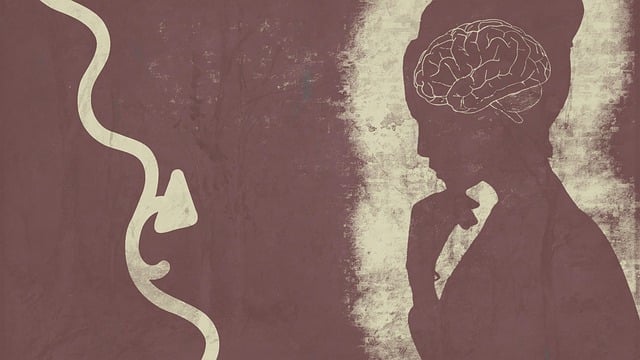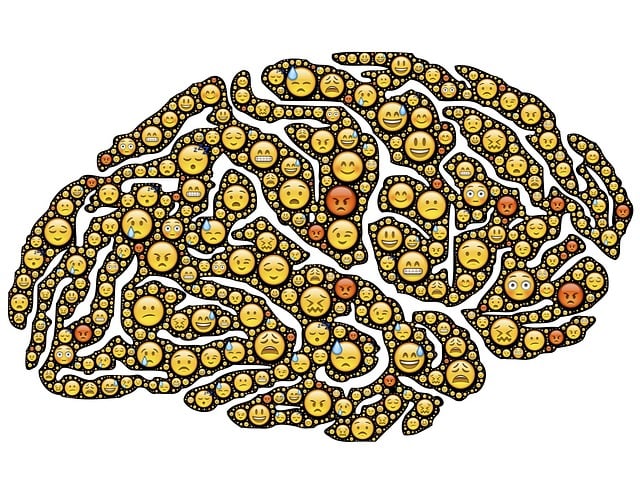Social Skills Training (SST) is a therapeutic approach tailored to individuals with mental health conditions, focusing on enhancing interpersonal interactions. For postpartum depression, SST equips new mothers with communication strategies to express their needs and seek support, fostering resilience, improving self-esteem, and strengthening social support networks. This method combines stress reduction techniques like mindfulness meditation and compassion cultivation practices to help mothers manage their mental health challenges while building emotional regulation skills and increasing social connection. Incorporating SST into recovery plans offers a powerful tool for managing depression and anxiety, particularly during postpartum periods, by teaching effective communication strategies and promoting supportive network development.
Social skills training is a powerful therapeutic approach that can significantly improve mental health conditions, especially postpartum depression (PPD). This article explores how structured programs can equip individuals with essential communication and interaction strategies. We delve into the unique challenges faced by new mothers with PPD and present tailored strategies to enhance social connections. Additionally, we offer practical tips for seamlessly integrating social skills training into recovery plans, providing a comprehensive guide for both professionals and those seeking support.
- Understanding Social Skills Training as a Therapeutic Approach
- Targeting Postpartum Depression: Unique Challenges and Strategies
- Practical Tips for Incorporating Social Skills Training in Recovery
Understanding Social Skills Training as a Therapeutic Approach

Social Skills Training (SST) is a therapeutic approach that focuses on teaching and enhancing interpersonal interactions for individuals with mental health conditions. This method recognizes that many emotional and psychological struggles, such as postpartum depression, can be exacerbated or relieved through an individual’s social connections. By learning effective communication strategies, participants gain confidence in their ability to navigate relationships, leading to improved self-esteem and a sense of belonging.
In the context of therapy for postpartum depression, SST empowers new mothers by equipping them with tools to express their needs and seek support from partners, family, or friends. It encourages the development of healthy self-care practices within social contexts, fostering inner strength and resilience. This approach not only addresses symptoms of depression but also strengthens social support networks, which are vital for long-term mental health and well-being.
Targeting Postpartum Depression: Unique Challenges and Strategies

Postpartum depression presents unique challenges for new mothers, often obscured by the euphoria and excitement usually associated with motherhood. This hidden struggle requires tailored social skills training within a supportive environment to address feelings of isolation, guilt, and hopelessness. Therapy for postpartum depression goes beyond traditional talk therapy, incorporating specialized strategies to help mothers reconnect with their support networks and cultivate positive interactions.
Stress reduction methods, such as mindfulness meditation and compassion cultivation practices, are integral components of this approach. These techniques teach new mothers to respond rather than react to overwhelming emotions, fostering a sense of calm amidst the chaos of caring for a newborn. By integrating these practices into social skills training, professionals can empower mothers to navigate their mental health challenges while building resilience through enhanced emotional regulation and increased social connection.
Practical Tips for Incorporating Social Skills Training in Recovery

Incorporating social skills training into recovery plans can be a powerful tool for managing mental health conditions, especially depression and anxiety. This type of therapy teaches individuals effective communication strategies, helping them navigate social interactions with confidence. For those struggling with postpartum depression, these skills can be transformative as they learn to connect with support systems without feeling overwhelmed.
Practical tips include setting achievable goals, starting with small group settings or one-on-one conversations, and practicing active listening. Role-playing scenarios can help individuals feel more prepared for real-life interactions. Remember, consistent practice is key; the more opportunities one has to engage in social skills training, the better they will become at managing anxiety and depression, fostering a supportive network essential for long-term recovery.
Social skills training, as a therapeutic approach, offers a holistic method to address mental health conditions, especially postpartum depression. By focusing on enhancing social interactions and communication, this training provides a supportive environment for individuals to rebuild their confidence and improve overall well-being. Incorporating these strategies into recovery plans can be transformative, offering practical tools to navigate social challenges and foster meaningful connections. In the context of postpartum depression, tailored interventions can help new mothers feel supported and empowered, contributing to effective therapy for this unique set of challenges.




